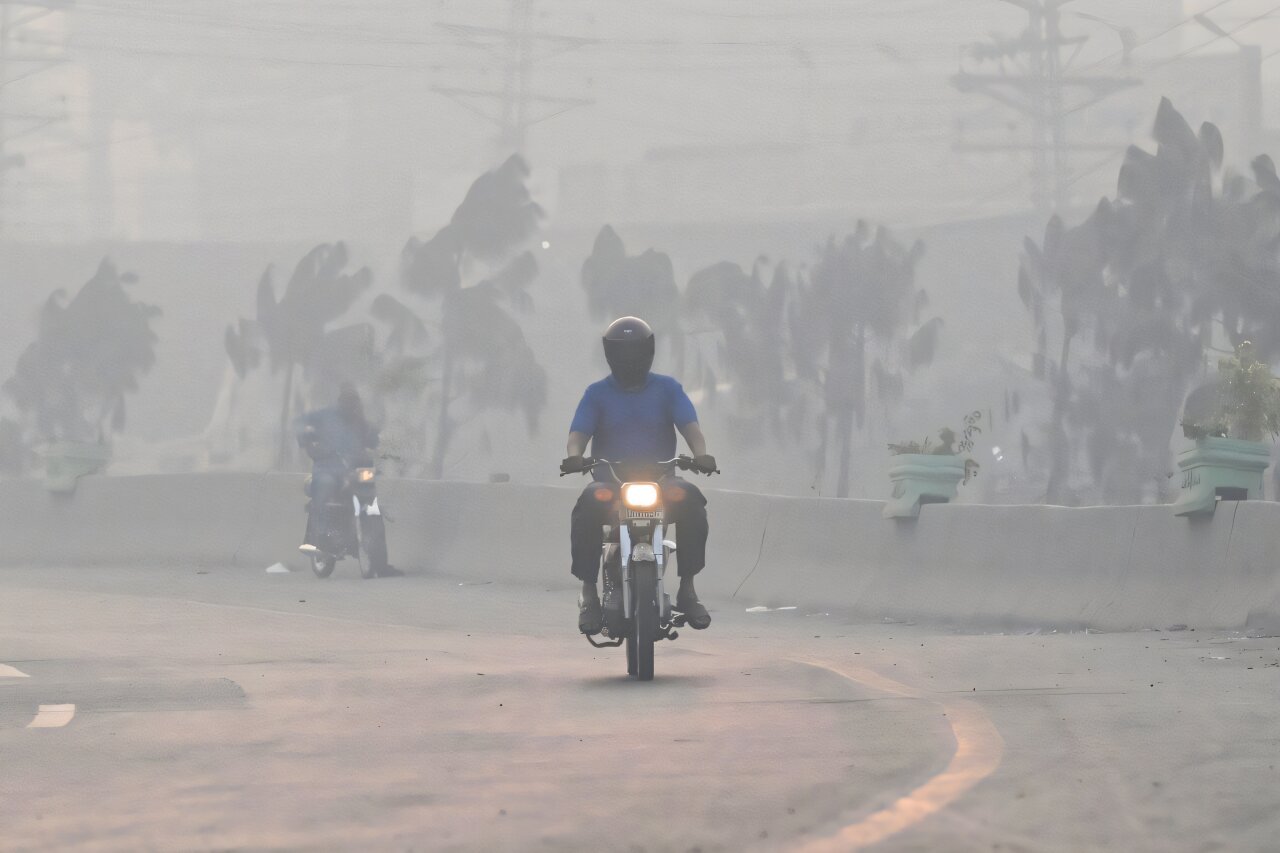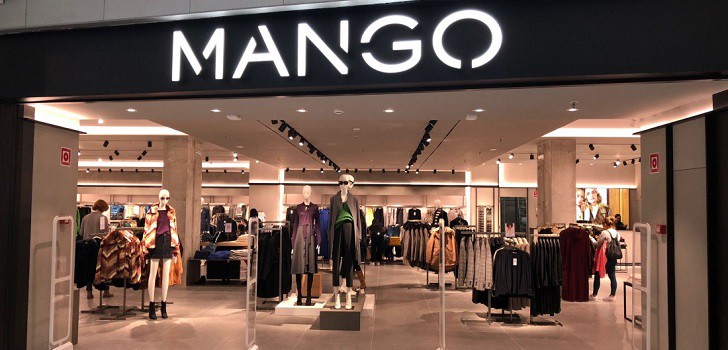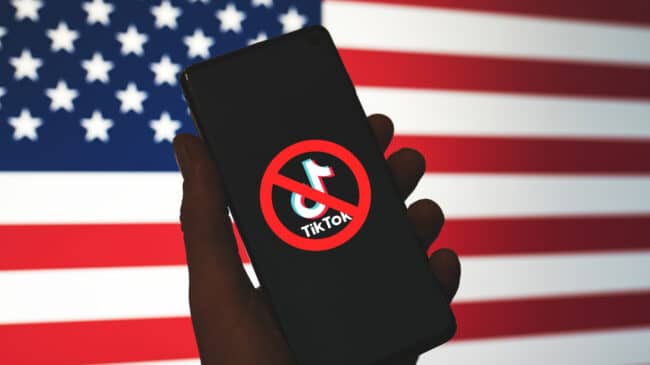Schools in Lahore are shutting down as pollution reaches a record high

Unprecedented air pollution in Lahore, Pakistan, has prompted authorities to close all primary schools for a week. Starting Monday, 50% of office workers will also transition to remote work as part of a “green lockdown” initiative. Additional measures include banning engine-powered rickshaws and unfiltered barbecue vendors.
“This smog is extremely harmful to children; masks should be mandatory in schools,” stated Punjab Senior Minister Marriyum Aurangzeb.
On Sunday, Lahore topped the global list of cities with the most polluted air for the second time. The air quality index exceeded 1,000 on Saturday, far surpassing the World Health Organization’s “dangerous” benchmark of 300, according to data from IQAir. Levels of fine particulate matter, the most harmful to health, reached hazardous levels.
Raja Jehangir Anwar, a senior environmental official, identified crop waste burning across the Indian border as a major contributor to the smog. Aurangzeb noted that these fumes are being blown into Pakistan by strong winds. “This issue cannot be resolved without discussions with India,” she added, indicating that the provincial government plans to initiate talks through the foreign ministry.
The government is urging residents to stay indoors and limit travel. To help combat the smog, vehicles are spraying water into the air, and construction work has been paused in certain areas. The situation will be reassessed next Saturday to determine whether schools should remain closed.
The World Health Organization warns that inhaling toxic air can lead to severe health issues, including strokes, heart disease, lung cancer, and respiratory diseases. Last month, outdoor activities for students were suspended until January, and school hours were adjusted to avoid peak pollution times.
As 42-year-old Lilly Mirza expressed to AFP, “As a mother, I am filled with anxiety. Last year was not this bad… We need to know what has changed. Did a pollution bomb explode somewhere?”
The smog crisis tends to worsen in winter when colder, denser air traps pollutants closer to the ground.






